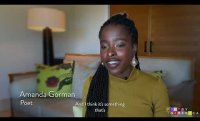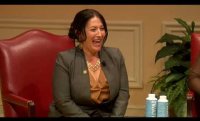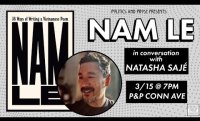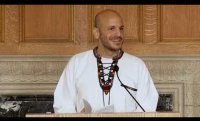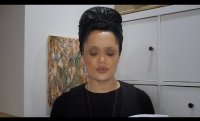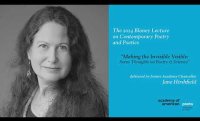Wisdom in Translation
In the anthology Another Room to Live In: 15 Contemporary Arab Poets (Litmus Press, 2024) edited by Omar Berrada and Sarah Riggs, multinational and multilingual poet-translators challenge foundational narratives and rework mythologies through poetic expression. Yasmine Seale’s poem “Conventional Wisdom (Arabic Saying Translated Twenty Ways)” is composed of translations of an ancient aphorism expressing the inextricable place of poetry within Arab cultural heritage. Each line presents a variation on the truism: “Poetry is the record of the Arabs / The art of poetry is Arabs, collected / Good poetry is a list of Arabs / To speak in verse is to remain in Arab memory / To surpass another poet is the Arab odyssey.” Write a poem inspired by this idea of translating a proverb or maxim—either from another language or from English into English. How might you creatively interpolate different “translations” of the saying by incorporating connotations and riffing on free associations and personal experiences?





